Become a Certified Software Engineer and gain a strong foundation in software development, programming principles, design patterns, and project workflows. Learn how modern software systems are designed, developed, tested, and maintained through hands-on experience and industry-aligned tools.
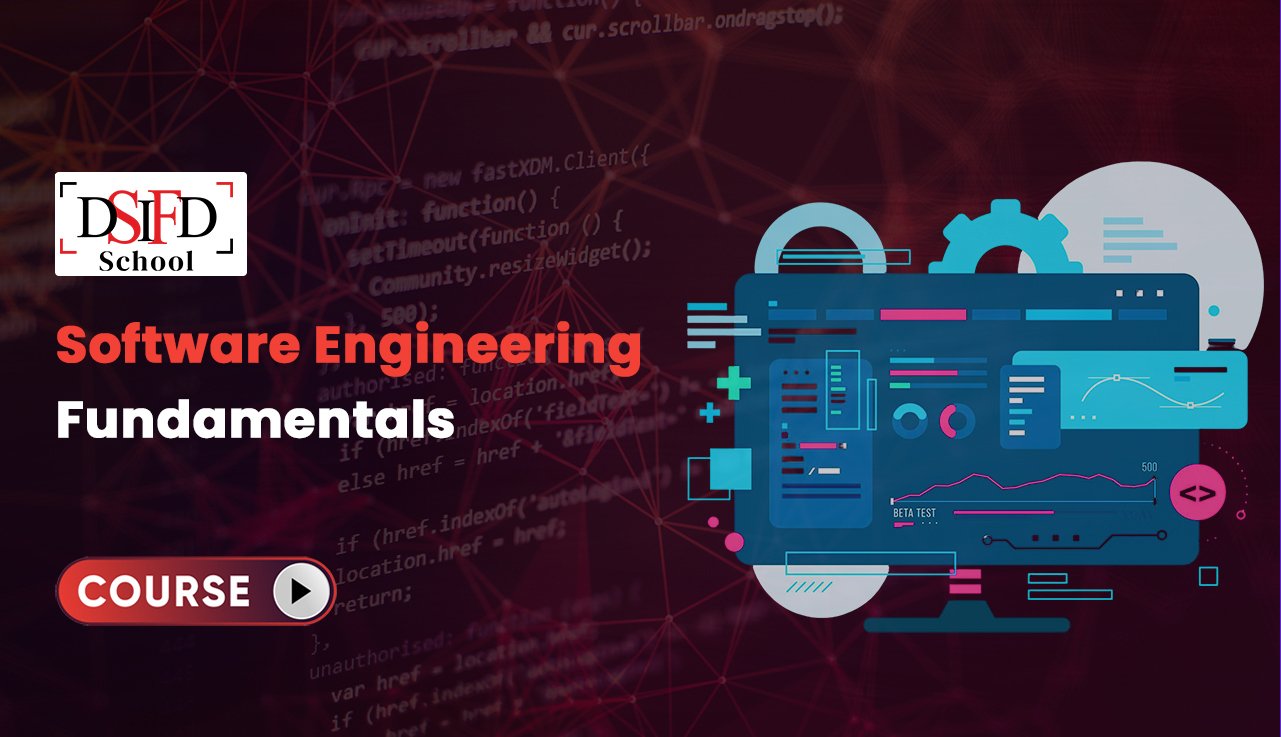
Live Classes by Experienced Software Engineers
100+ Hours of Instructor-Led + Self-Paced Learning
10+ Real-World Projects Based on Agile & SDLC Models
Tools Covered: Git, GitHub, VS Code, UML, Jira, Postman
This course provides you with essential knowledge to start your career in software development. It covers the theoretical and practical aspects of engineering scalable, maintainable, and high-performing software systems.
This beginner-to-intermediate course includes 10 core modules aligned with real-world engineering practices:
Course 1: Introduction to Software Engineering & SDLC
Course 2: Programming Fundamentals with Python or Java
Course 3: Data Structures & Algorithms Essentials
Course 4: Object-Oriented Programming (OOP) Concepts
Course 5: Version Control with Git & GitHub
Course 6: Software Design Principles & System Architecture
Course 7: Databases & SQL for Software Engineers
Course 8: Software Testing – Manual & Unit Testing
Course 9: Agile Methodology, Scrum & Project Workflows
Course 10: APIs, Documentation, and Final Project Deployment
Capstone Project: Design, Build & Deploy a Full Software System with Team Collaboration
By the end of this course, you’ll have both the technical and collaborative skills required to work on modern software development teams:
SDLC Models (Waterfall, Agile, DevOps)
Writing Clean, Modular & Reusable Code
Using Git for Version Control & Collaboration
Software Design Patterns & SOLID Principles
Relational Database Management & Querying
Test-Driven Development (TDD)
REST APIs & Postman Testing
Agile Ceremonies & Jira Task Management
UML Diagrams (Use Case, Class, Sequence)
End-to-End Project Lifecycle Execution
Software engineers are in high demand across all industries, with roles in product development, IT services, DevOps, QA, and startups. Learning software engineering fundamentals gives you a strong career foundation for roles in backend, frontend, full-stack, or cloud development.
Analyze requirements and plan software architecture
Write, debug, and maintain code
Collaborate with cross-functional teams using Git & Agile tools
Design and implement scalable systems and APIs
Perform testing, optimization, and deployment
After completing this course in 3–4 months, you’ll be eligible for roles like Software Developer, QA Engineer, Backend Developer, or Full Stack Trainee.
Skills Covered in This Course
SDLC Phases & Documentation
Python/Java Programming (OOP, Functions, Loops)
Arrays, Linked Lists, Trees, Hashmaps
Time & Space Complexity (Big O Notation)
Git Branching, Merging, Pull Requests
UML Diagrams & System Modeling
SOLID & DRY Principles
Clean Code & Code Reviews
SQL Queries & Database Design
ER Diagrams & Normalization
API Development & JSON
RESTful Service Testing with Postman
Unit Testing & Automation Basics
Software Testing Life Cycle (STLC)
Agile & Scrum Ceremonies (Sprints, Standups)
Jira & Trello for Task Tracking
CI/CD Basics (Conceptual)
Deployment on Cloud (Optional: AWS/Azure Basics)
Debugging Techniques & Log Analysis
Exception Handling & Code Refactoring
Security Best Practices (Input Validation, Authentication)
Documentation Tools (Markdown, Swagger)
Software Maintenance & Codebase Management
Peer Programming & GitHub Collaboration
Tech Stack Exploration (MERN, Java Spring Boot Basics)
Project Proposal, Execution & Presentation
Career Guidance for Software Roles
Resume Building & GitHub Portfolio Curation
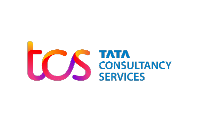
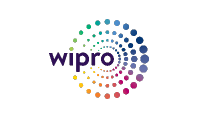

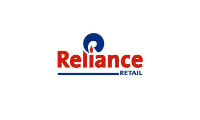
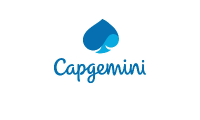
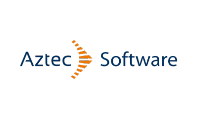
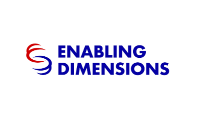

Hiring Partners
Career Transitions
Average Salary Hike
Highest Salary
Gain industry-ready skills and unlock high-paying opportunities!